Bishop Braxton Speaks on Catholic Church and the Black Lives Matter Movement
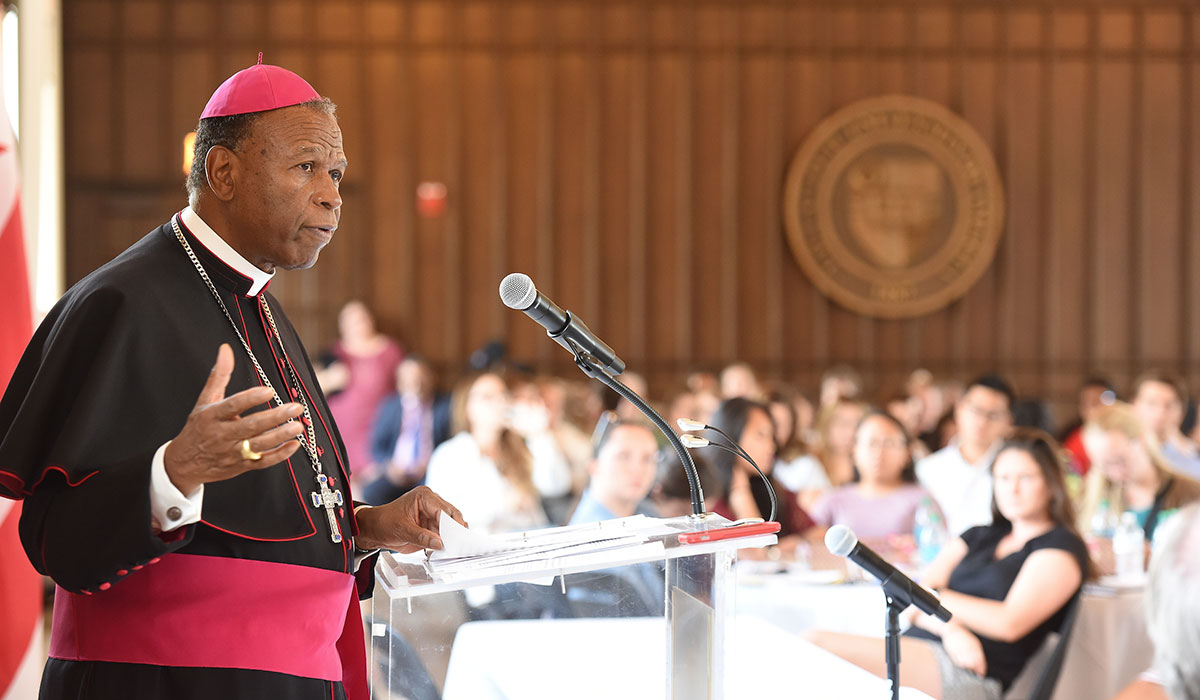
By Samuel Matthews & Annie Murphy
Few topics are more controversial than the Black Lives Matter movement which began in response to the death of Trayvon Martin in 2013. But on the evening of Thursday, September 21st, Bishop Edward Braxton of the Diocese of Belleville, Illinois delivered a talk on just that subject for the first CUA on Tap event of the year.
Senior Resident Minister Anna Quattrone described the idea of the event that the student ministers work to make possible. “CUA on Tap is a great opportunity for students to engage in conversation about the Catholic faith and how it relates to to our everyday lives. We bring in monthly speakers to cultivate this discussion and share their own experience of their Catholic faith,” Quattrone said.
Bishop Braxton’s talk, titled “The Catholic Church and the Black Lives Matter Movement: the Racial Divide in the United States Revisited,” was attended by around 200 people, including a group from Howard University’s Campus Ministry. True to its name, CUA on Tap began with a dinner served by Campus Ministry and, for those 21 and over, a bar.
Bishop Braxton said he hoped to contribute to an ongoing conversation on the racial divide in America through his talk. It revolved around his guiding imperatives: listen, learn, think, pray, and act, in the context of addressing racism in the United States. He recounted the two times that he encountered the casket of Emmett Till, a 14 year old African American boy beaten and killed in August of 1955 in Money, Mississippi by two white men. The first time was when Braxton, a child at the time, attended Emmett Till’s wake in Chicago. The second was at the Museum of African American History and Culture here in Washington, on display fifty years later.
On the apparent conflict between the slogans Black Lives Matter and All Lives Matter, Bishop Braxton asked, “Can it not be both?” He considers the two compatible but said that those who shout, “All Lives Matter” risk ignoring the unique challenges faced by the African American community.
“It is necessary to acknowledge the legitimacy of certain concerns about the lives of people of color,” Braxton said. “This is not a reality that all Americans are willing to recognize.”
Bishop Braxton discussed instances where Catholics themselves have contributed to the racial divide, citing the case of Chief Justice Roger B. Taney, who wrote the majority opinion for the infamous Dred Scott case. At the same time, the bishop emphasized that the actions of a few do not define the Church, which has itself been a force for justice.
“The Catholic Church has been on the cutting edge in many areas of justice and peace,” he said.
Bishop Braxton also criticized the way dialogue about the racial divide is carried out in the United States. He specifically identified the word “minority” as being “arbitrary, sociologically incorrect, and wrong. Such imprecise language deepens the racial divide.”
“Say who they are,” he said, “rather than who they are not.”
Students found Bishop Braxton’s point of view compelling and unique, especially taking into account his strong Catholic faith.
“What Bishop Braxton said was definitely powerful,” said freshman chemistry major Rachel Figueroa, “His perspective on the Black Lives Matter Movement was very compelling and was rooted in wisdom and intellect.”
Senior Resident Minister Taylor Stone was happy with how the event proceeded and optimistic that the Catholic community would use it as food for thought.
“We hope that Bishop Braxton’s words and our Catholic faith will motivate students to engage in further discussion and work towards social justice for all,” Stone said.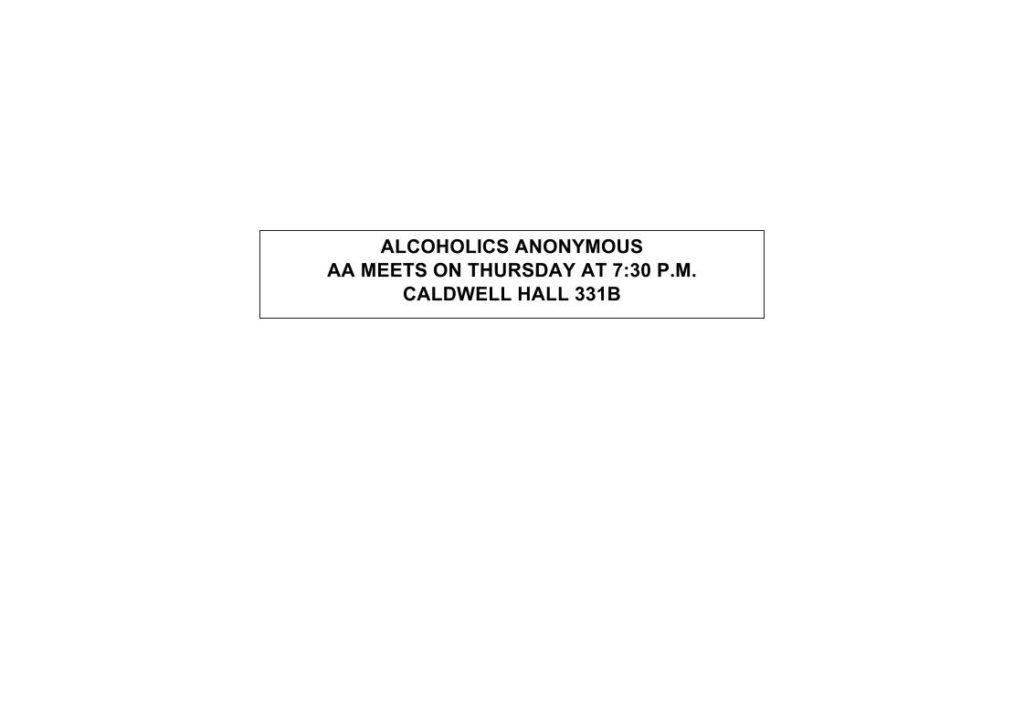

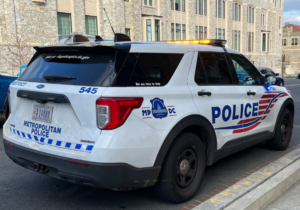
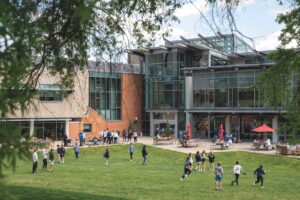
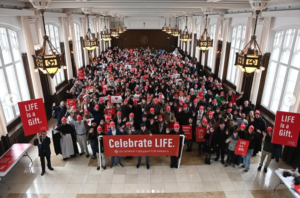
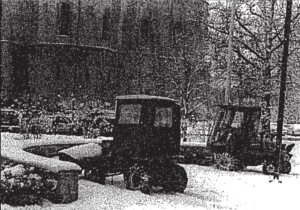

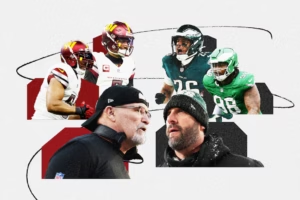
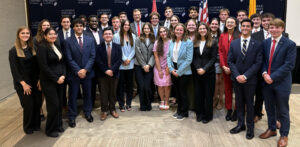
Truly Inspirational